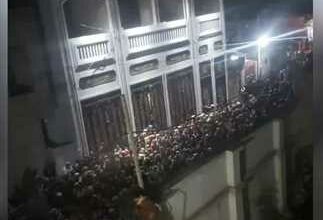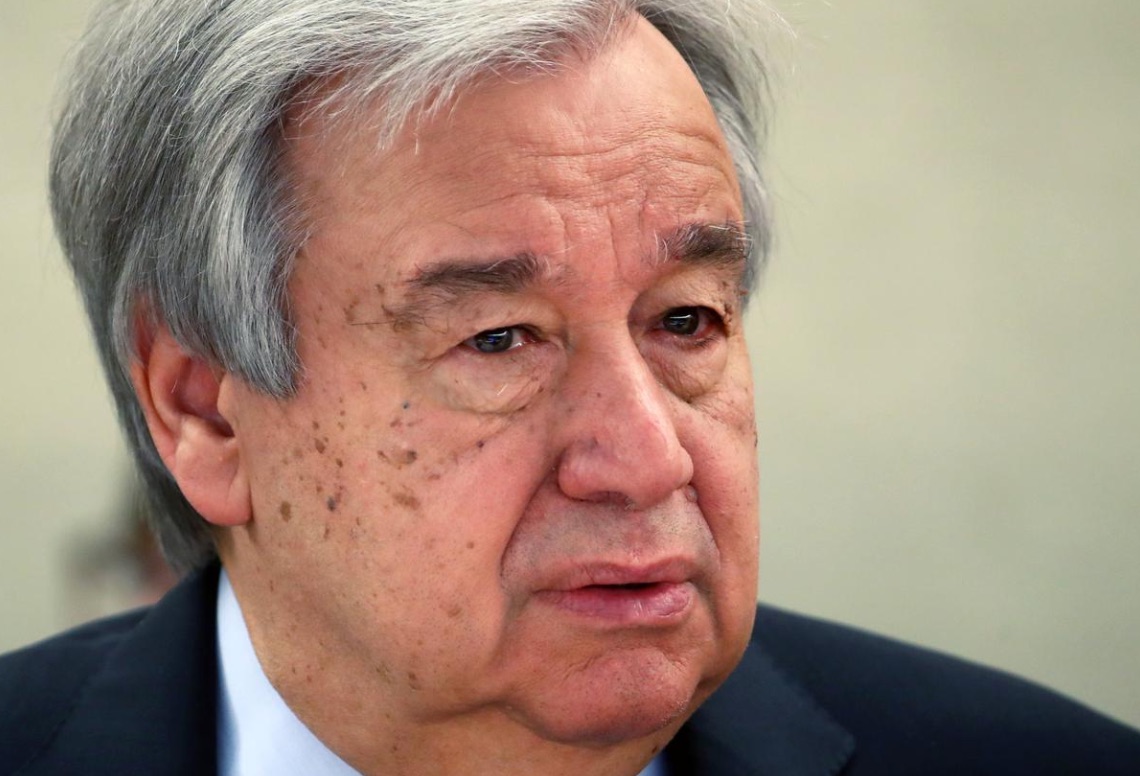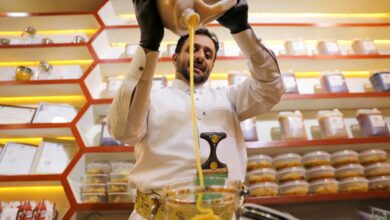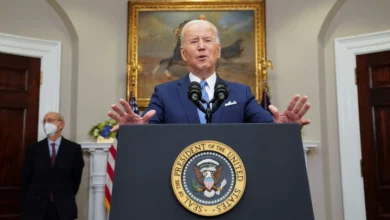
Anxiety reigns in the Yemeni capital Sanaa, where ordinary people await the outcome of almost a month of peace talks they hope can end a devastating war.
Life was already a struggle for many residents of one of the Arab world's poorest countries, but the onset of the conflict more than a year ago has made mere survival the priority and extreme hardship the norm.
The crump of air strikes, power outages and the deep-seated gnawing fear that their society may never emerge intact have all become part of daily life.
Hope is hard to find, and what little exists lies with the peace delegations representing the armed Houthi movement – which controls Sanaa — its allies, and their enemies in Yemen's exiled, Saudi-backed government taking place in Kuwait.
Seemingly a world away in Sanaa, the ancient city whose old city is clustered with majestic mudbrick towers, the past looks brighter than the future.
But flickers of hope still shine among these Sanaa residents, whose portraits can be seen at reut.rs/23X0ntf.
"We are optimistic that we will see the Kuwait negotiations stop the war, especially in light of the decrease in the number of air strikes," said Abdussalam Hamad al-Harethi, 39, who sells antiques, souvenirs and silverware.
Less upbeat, Ahmed Hizam al-Soudi, 75, who sells traditional Yemeni curved daggers called jambiyas said he hoped wisdom would prevail among negotiating parties in Kuwait.
"We ask God to relieve us from this ordeal, which we were not expecting."
"God willing, they would agree, because we are exhausted. And if they love the country, they will stop the war that brought devastation and destruction to the people of Yemen."
The sentiment is widespread.
Youth activists fed up by the deadly feud among Yemen's political and military elites that has left 25 million citizens suffering the consequences have warned them on social media: "Don't come back to Yemen unless with peace."
Standing amidst her fresh-faced students, Yemen's future, mathematics teacher Wafaa Mansour shared a view held by many – that the conflict has been infiltrated by so many foreign powers that only diplomatic intervention from the outside can help.
"If all sides do not make concessions, I do not think that there would be a proper solution without the intervention from one of the big states sponsoring the dialogue."
In the maternity ward of a Sanaa hospital, 28-year old nurse Hindia Abdurabu al-Zubah looks after some of the country's youngest and most vulnerable citizens and hopes the senior politicians in the land face up to the gravity of their task.
"I'm optimistic that the ongoing talks in Kuwait will unify us again and put an end to a year of war and conflict, and my message to them is: 'Yemen is your responsibility," she said.




